Educator Resource: CASEL Guide to Schoolwide SEL [web resource]
 Schoolwide SEL engages the entire school community in creating caring, participating, and equitable learning environments that provide social, emotional, and academic growth. The CASEL Guide to Schoolwide SEL is a free, digital resource that leads school-based teams through a process for systemic SEL implementation. Read more ›
Schoolwide SEL engages the entire school community in creating caring, participating, and equitable learning environments that provide social, emotional, and academic growth. The CASEL Guide to Schoolwide SEL is a free, digital resource that leads school-based teams through a process for systemic SEL implementation. Read more ›


 Dr. Sharon Saline
Dr. Sharon Saline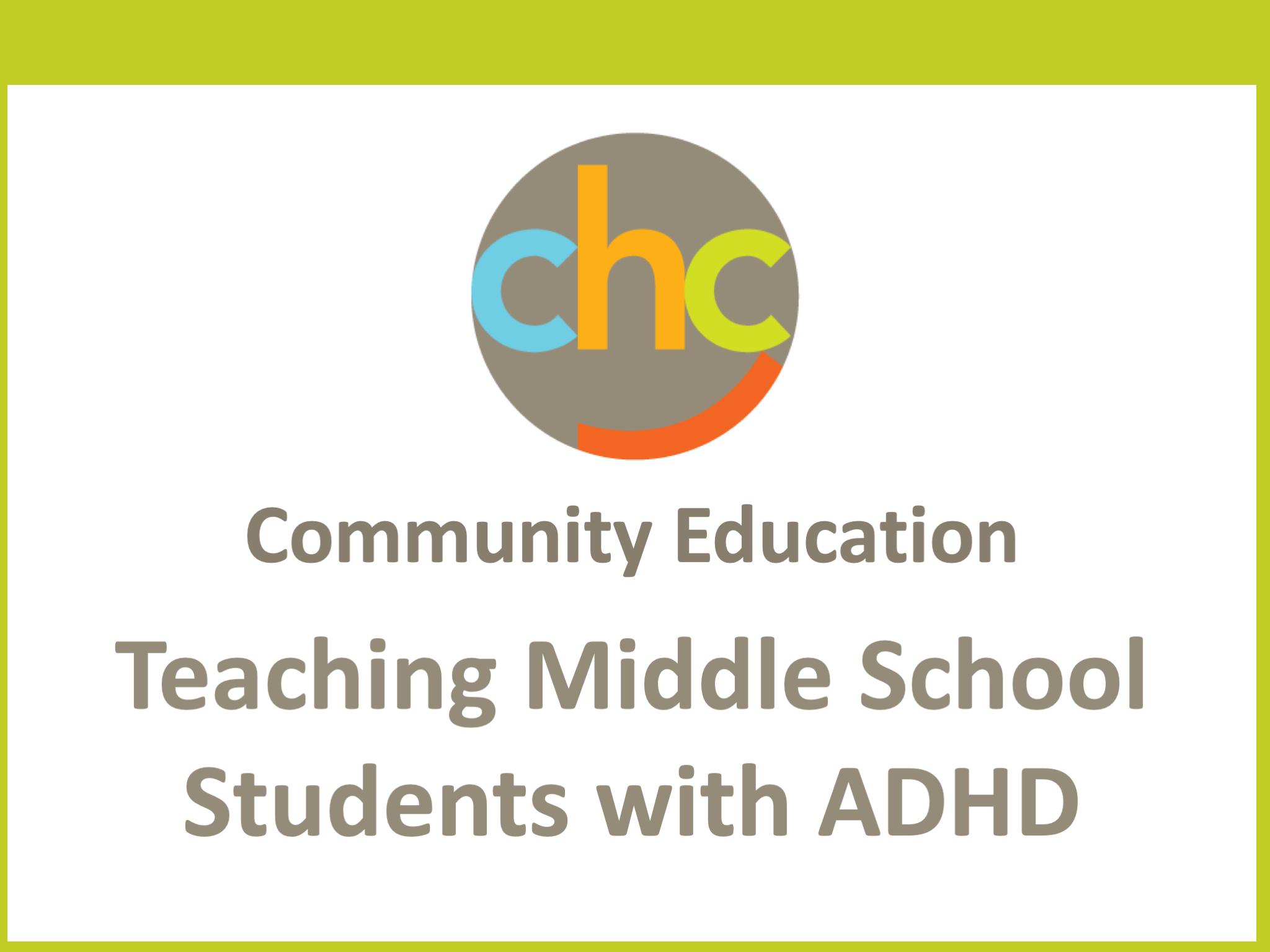
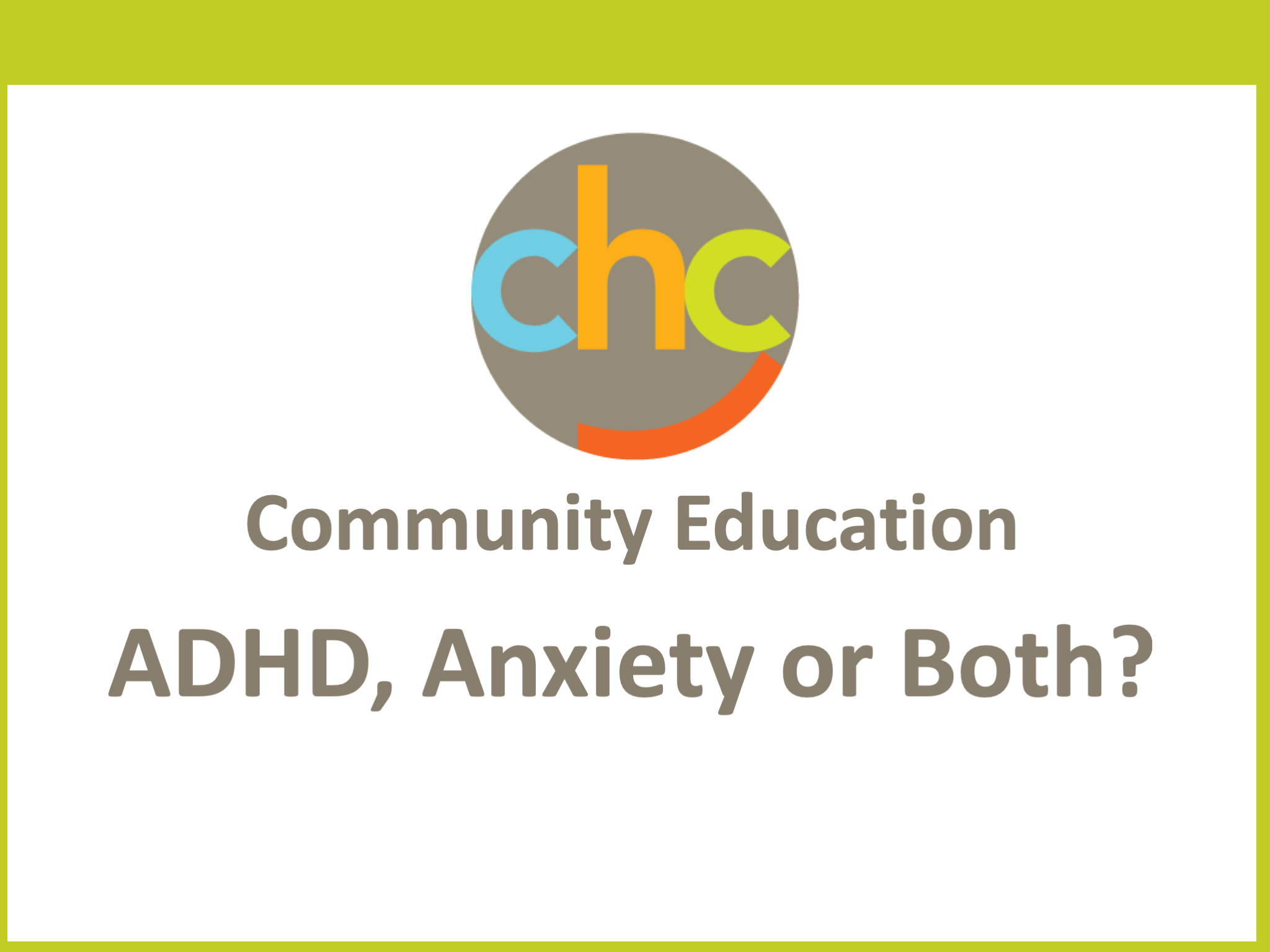
 Glen Elliott, PhD, MD, psychiatrist and former Medical Director at CHC, and Chris Harris, MEd, Chief Education Officer, discuss how behaviors associated with ADHD and anxiety may both occur in the same individual but also can mimic each other, leading to confusion about the best diagnosis and the best treatment approach.
Glen Elliott, PhD, MD, psychiatrist and former Medical Director at CHC, and Chris Harris, MEd, Chief Education Officer, discuss how behaviors associated with ADHD and anxiety may both occur in the same individual but also can mimic each other, leading to confusion about the best diagnosis and the best treatment approach. 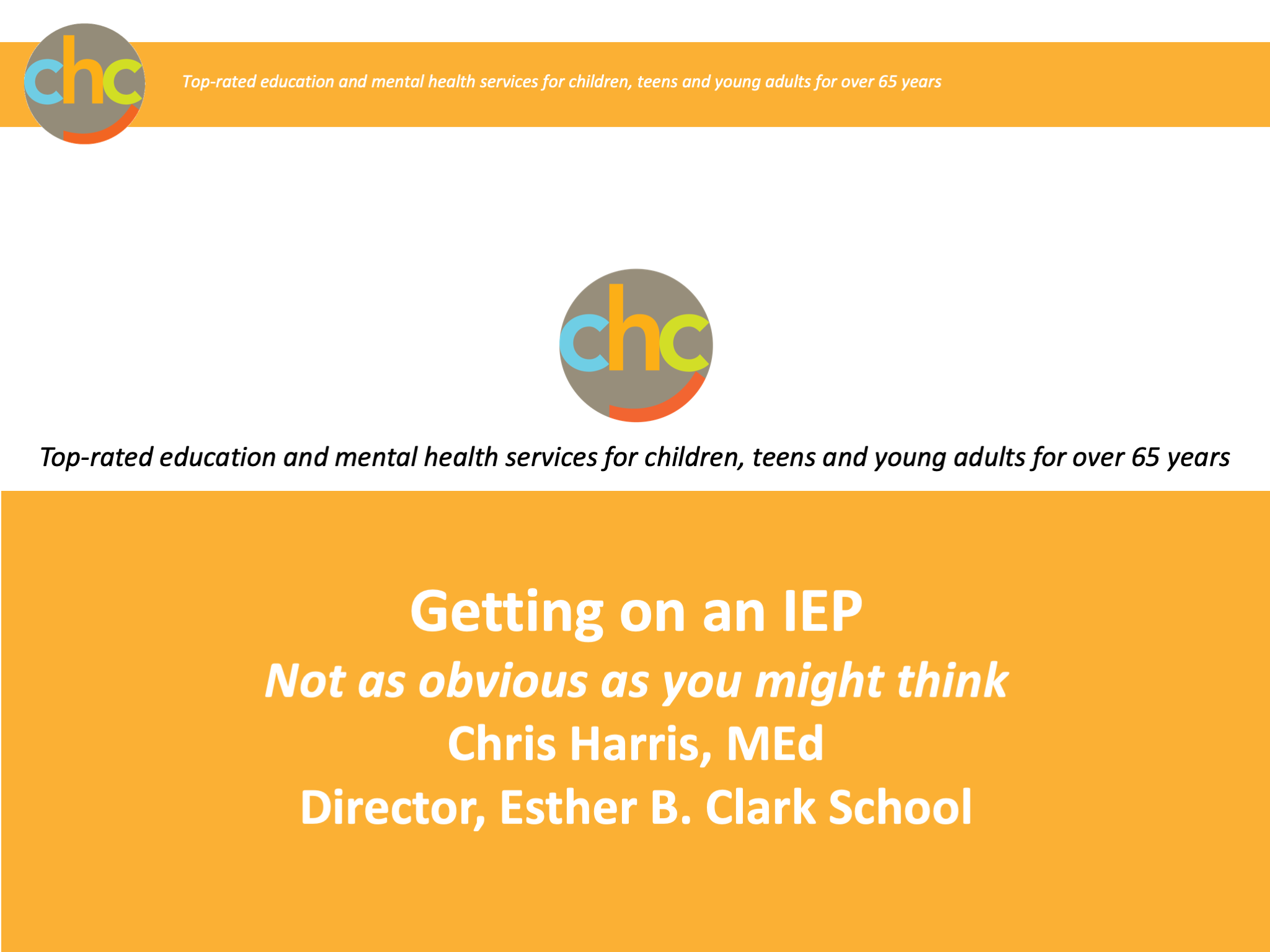
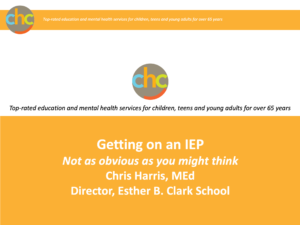 An IEP, or Individualized Education Plan must be in place for a student to receive special education services.
An IEP, or Individualized Education Plan must be in place for a student to receive special education services.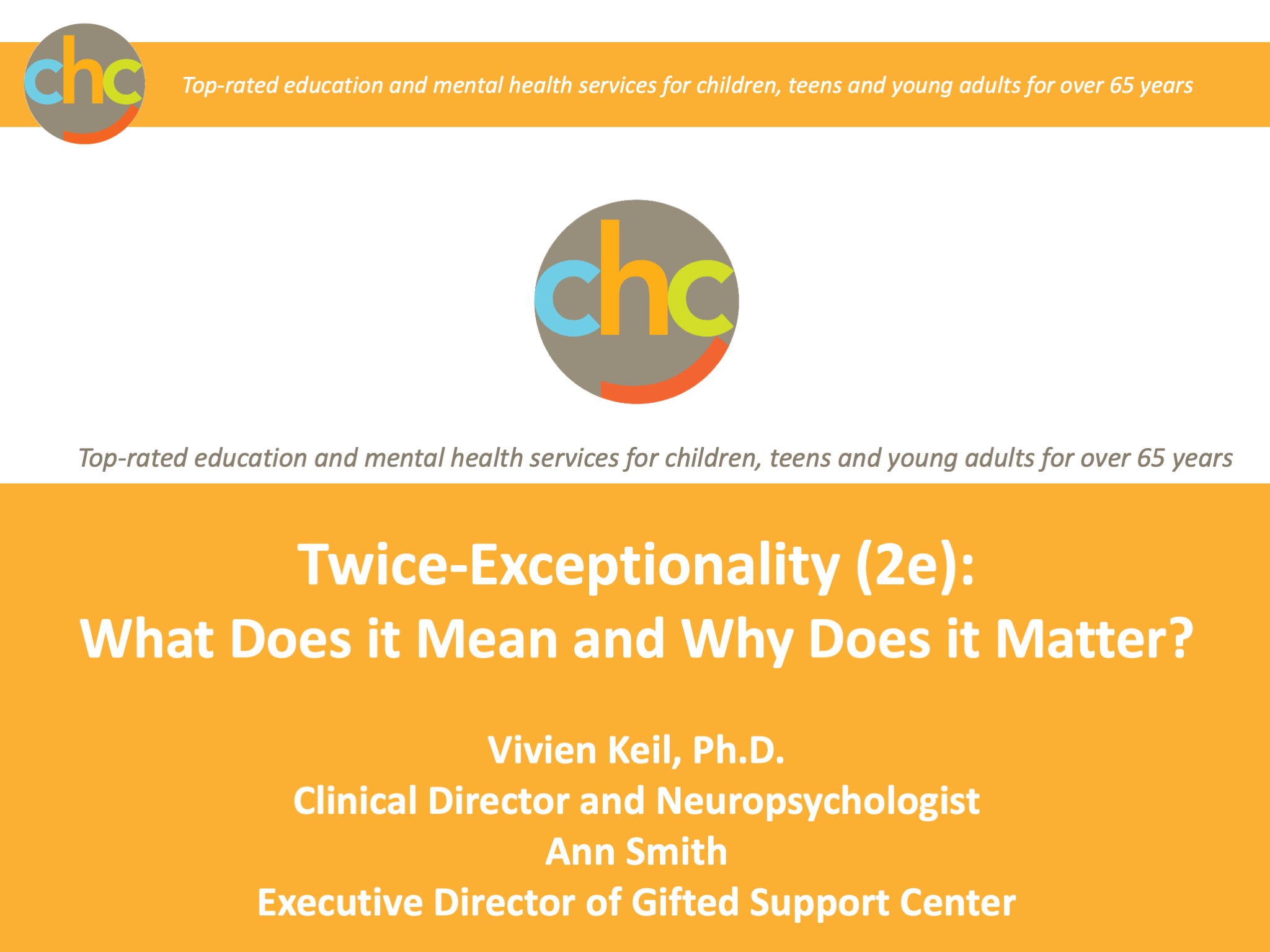
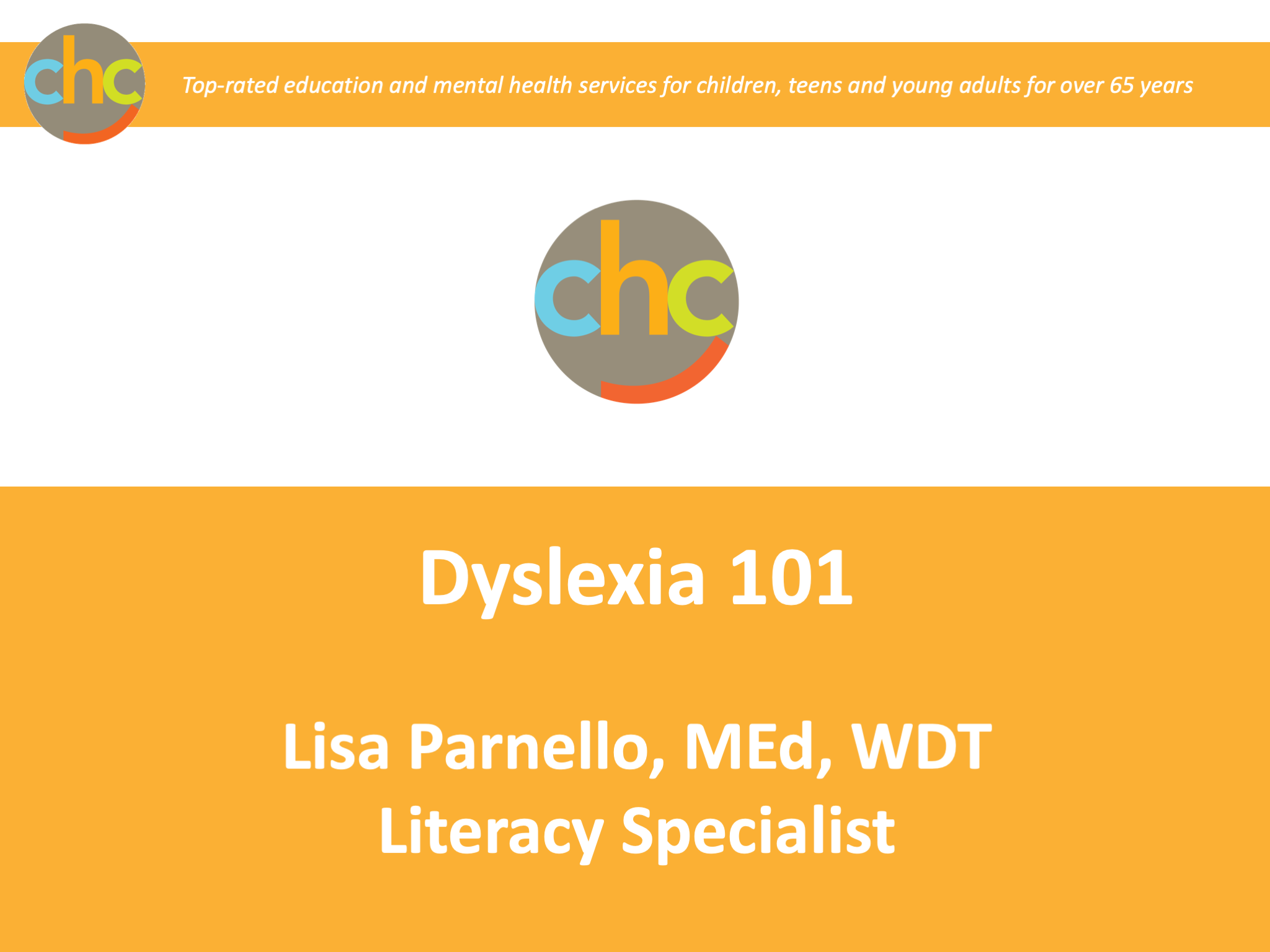
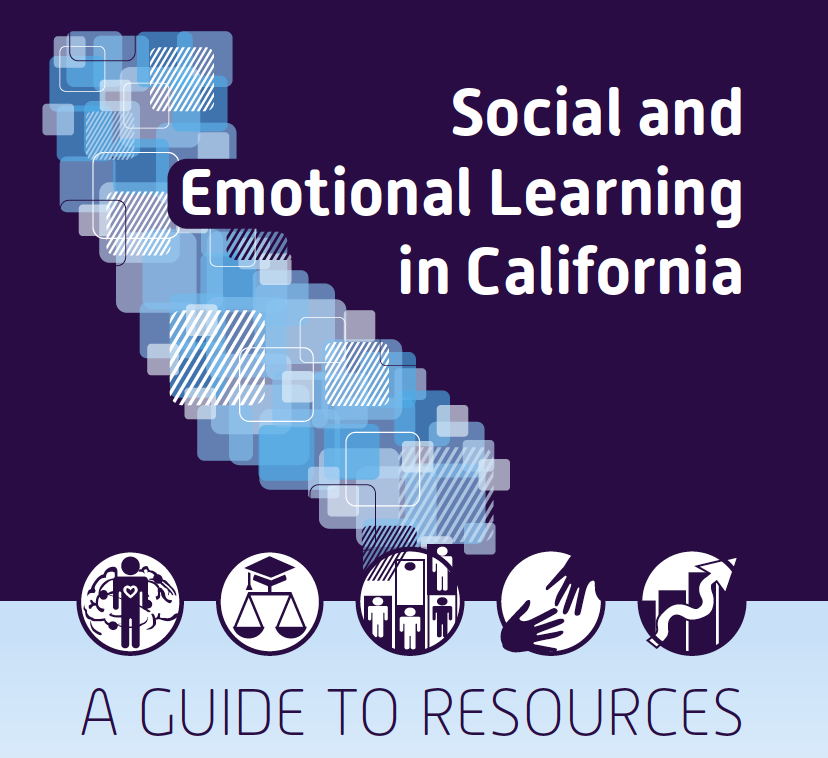
 There is a growing body of research proving that social and emotional learning (SEL) is fundamental to academic success, and must be woven into the work of every teacher in every classroom and every after school and summer enrichment program, if we truly want to prepare all our students for college and careers.
There is a growing body of research proving that social and emotional learning (SEL) is fundamental to academic success, and must be woven into the work of every teacher in every classroom and every after school and summer enrichment program, if we truly want to prepare all our students for college and careers. 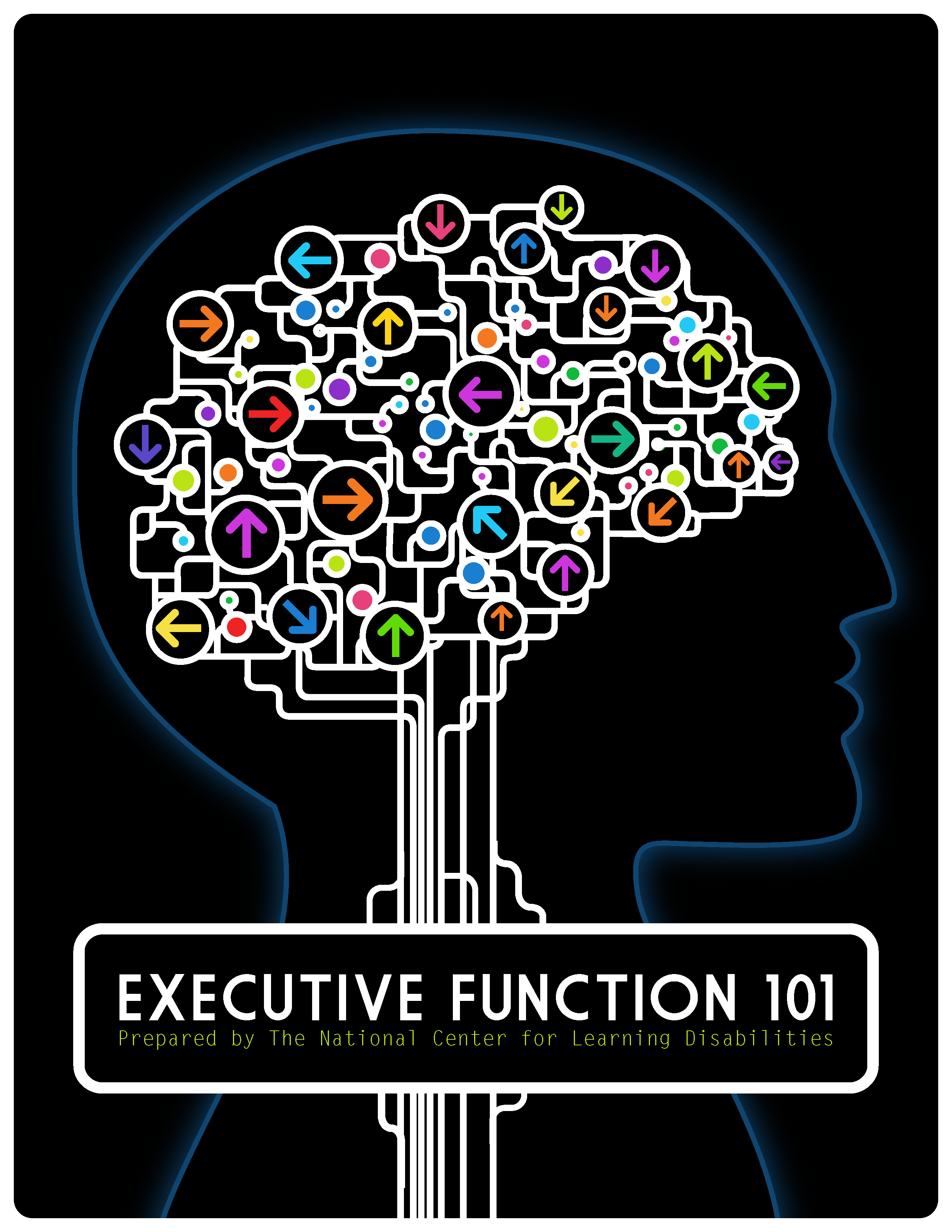
 Each of us navigates daily life — learning, work, recreation and relationships — thanks to intrinsic skills called executive functions.
Each of us navigates daily life — learning, work, recreation and relationships — thanks to intrinsic skills called executive functions. 
 Children with disabilities—such as physical, developmental, intellectual, emotional, and sensory disabilities—are at an increased risk of being bullied. Any number of factors— physical vulnerability, social skill challenges, or intolerant environments—may increase the risk. Research suggests that some children with disabilities may bully others as well.
Children with disabilities—such as physical, developmental, intellectual, emotional, and sensory disabilities—are at an increased risk of being bullied. Any number of factors— physical vulnerability, social skill challenges, or intolerant environments—may increase the risk. Research suggests that some children with disabilities may bully others as well. 

